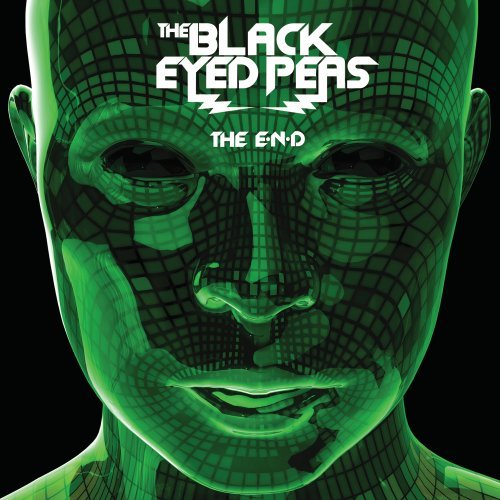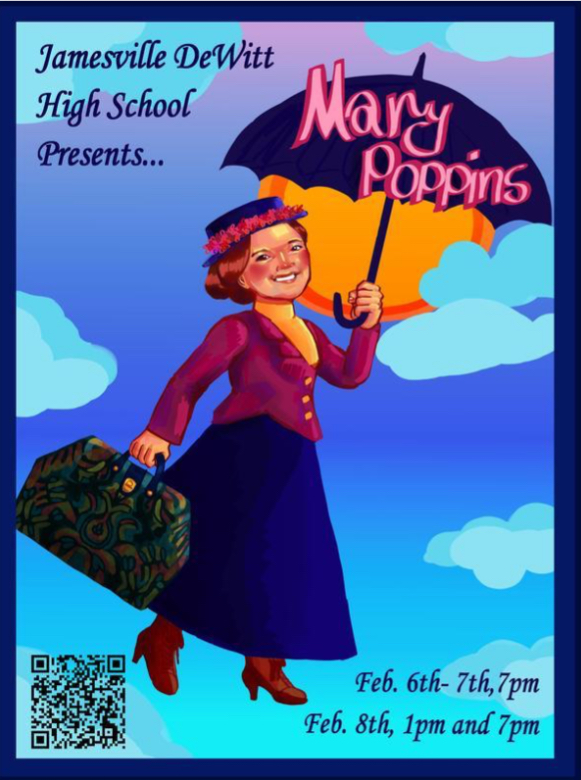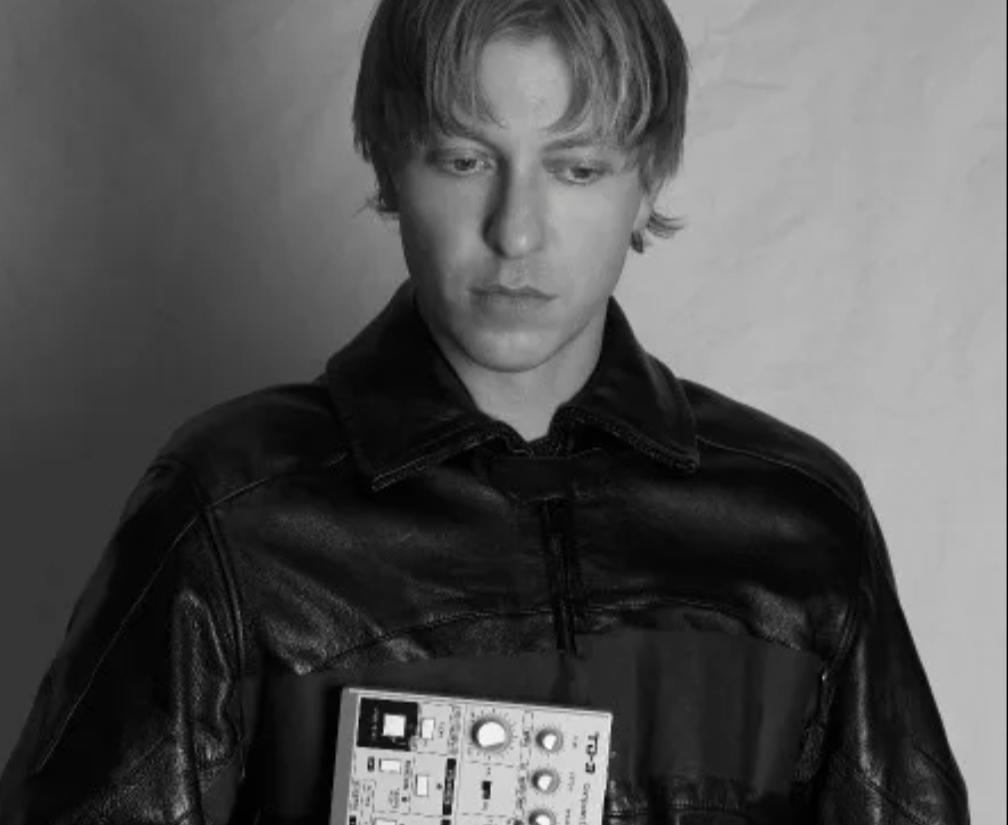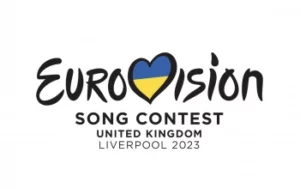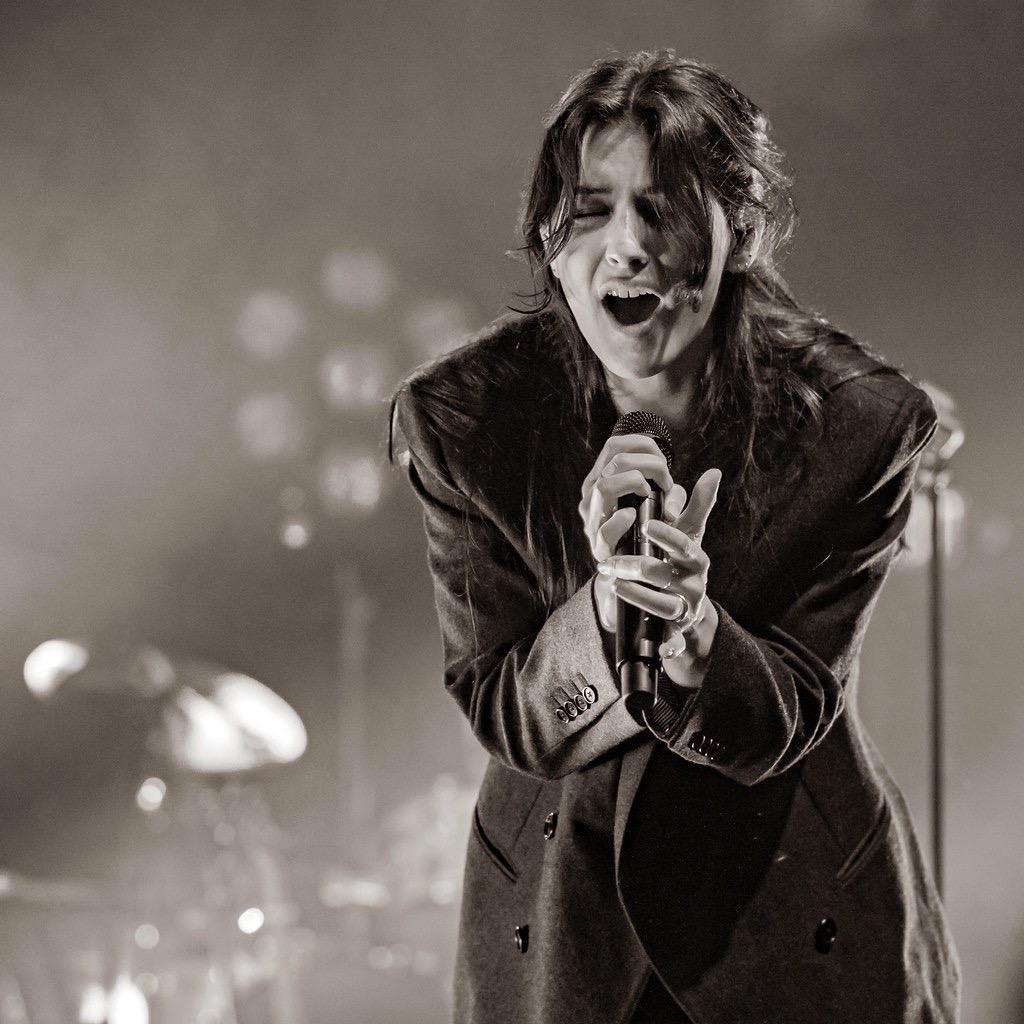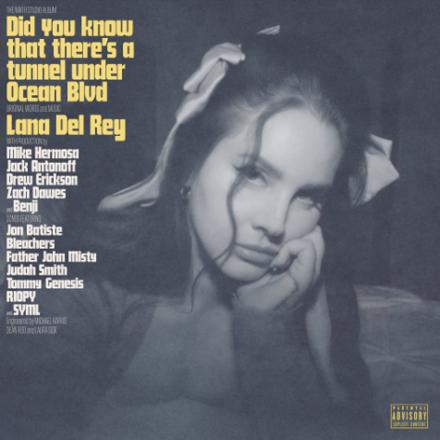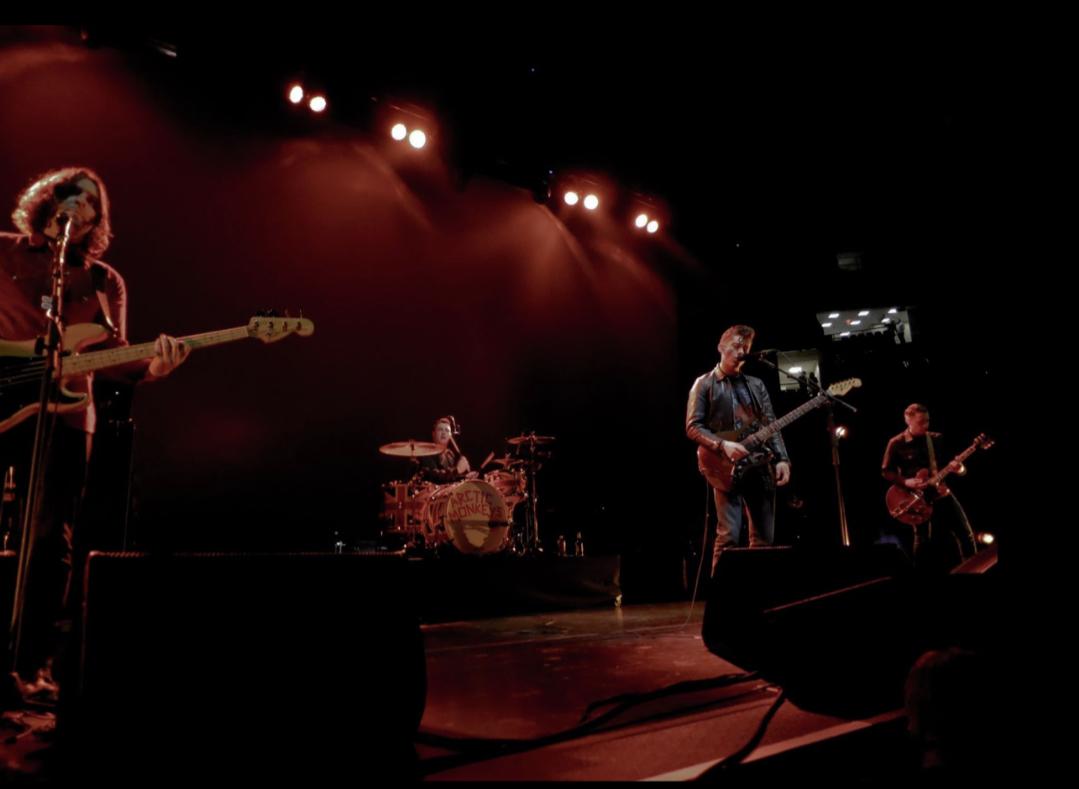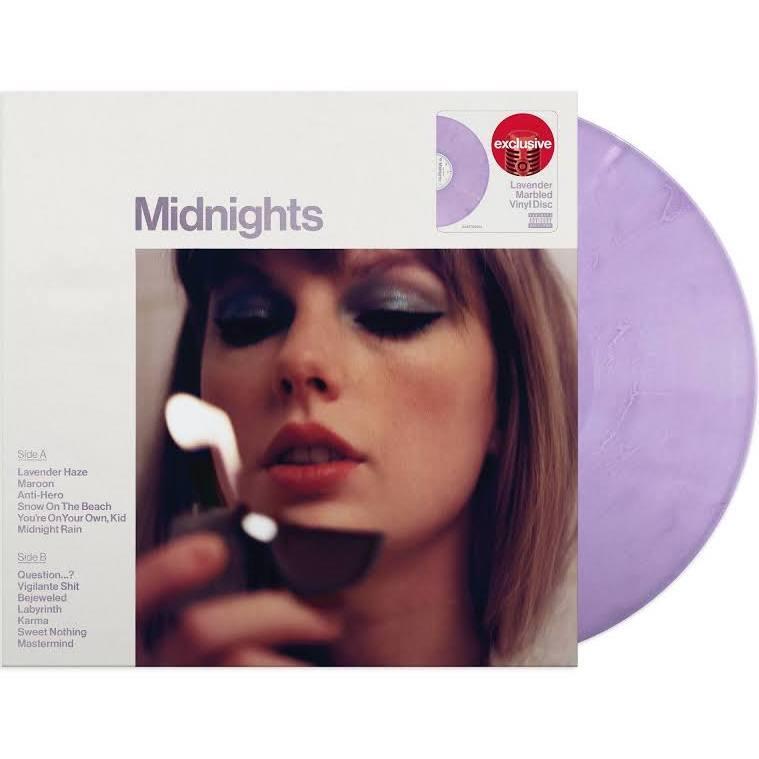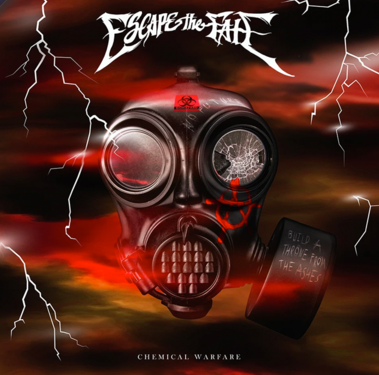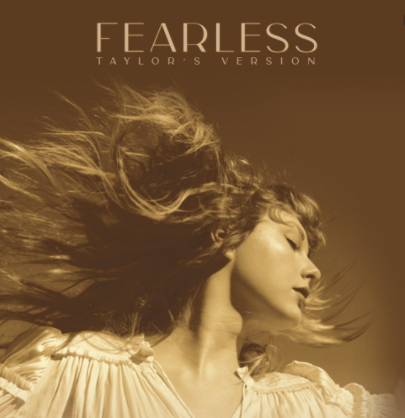The E.N.D. by The Black Eyed Peas
Opinions belonging to Luke Hobika
Best tracks (if you could even qualify one as acceptable): “Meet Me Halfway;” “
Worst tracks: “I Gotta Feeling;” “Imma Be;” “Ring-A-Ling” (this is not only the worst song on the album but one of the WORST songs in existence); “Showdown” (What is this? The soundtrack to the new Spy Kids movie?)
According to the Billboard Year-End Hot 100 singles of 2017, Ed Sheeran with his song “Shape of You” took the spot for most popular song. In 2016, the Chainsmokers clung on to the number one position for the weekly charts with their track “Closer.” In 2012, Flo Rida’s “Whistle” saturated the airways across the globe over the course of several months. These examples, along with countless others, all share something in common. They all are composed of a similar structure: an unimaginative melody looped over the course of the song while the artist makes subtle sexual references through simplistic metaphors. As each year passes, these types of songs become more and more prevailing throughout the music industry. However, prior to the decade of the 2010s, entertainers successfully offered progressive material while simultaneously reaching prosperity on the charts. In 2008, Coldplay’s exceptional “Viva La Vida” ruled the Billboard Charts for weeks. In 2003, “Hey Ya” by Outkast earned position 20 on the Billboard Hot 100 Songs of the Decade Chart while at the same time influencing future mainstream artists such as Kanye West and Drake. The blame for the current trend is not to be put on the artists of these songs. Instead, the catalyst of this trend should be at fault. In this case, The Black Eyed Peas’ 2009 release The E.N.D. planted the seed that would lead to a decade of music atrocity. Take its most successful single “I Gotta Feeling” as an example. The song dominated the Billboard Hot 100 for fourteen consecutive weeks. It may come off as an impressive achievement, but the content of the song is enough to question the American public’s attraction it. The toneless electronic instrumental is unsupportive to the already impractical discussion of partying and going wild. Even worse, this description for “I Gotta Feeling” applies to a variety of other tracks such as “Party All the Time” (shocker), “Rock That Body,” and the abysmal, oversexualized “Ring-A-Ling.” And there’s part of the parallel that would pervade into the mainstream in the years to come.
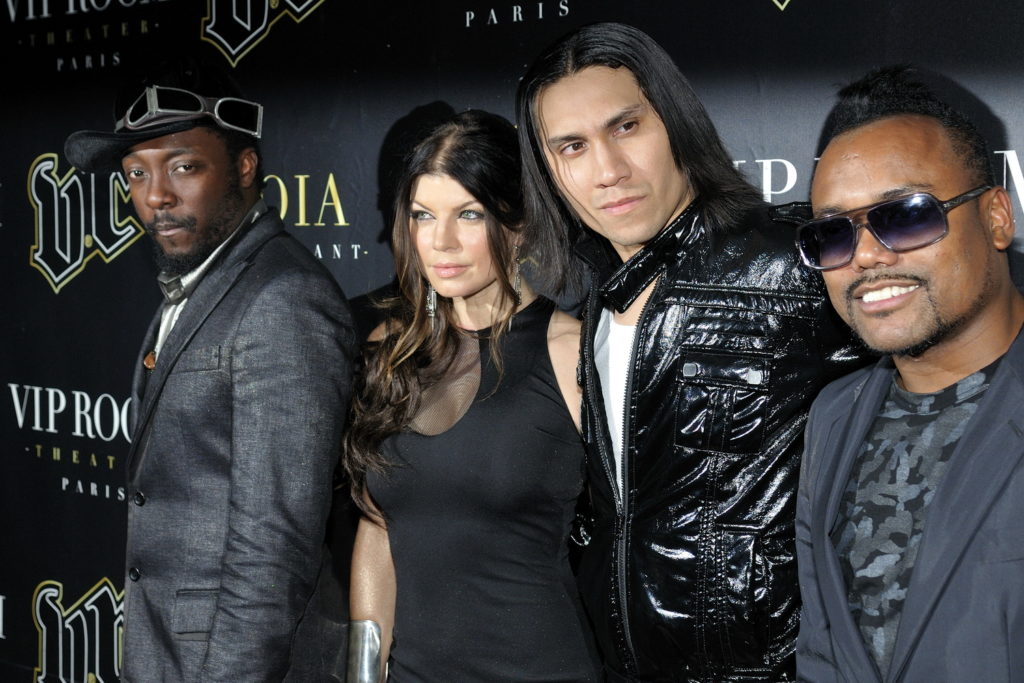
Outside of its excess boastful songs (if you can label them like that), The E.N.D. contains drawn-out love ballads like “Alive” and “Missing You.” Alike the “celebratory” songs, these tracks follow a specific formula: a somber instrumental and crooning vocals (COUGH COUGH FERGIE) that obnoxiously beg the listener to show empathy. Admittedly, the innocent “Meet Me Halfway” cut offers somewhat of a pleasant heartfelt listen. But ultimately the greater frequency of conventional tracks trump its overall effect.
By the time track twelve is reached (the overdone “Showdown”), The Black Eyed Peas seem to inverse their obvious mainstream approach and finish off the album’s final three tracks on somewhat of a conscious note. After gloating for the majority of The E.N.D., the four members unite to offer some type of a solution to the growing issues of our world. However, as expected, the points that they assert regarding the widespread demands of today’s society (“Now Generation”) and the possibilities if everyone practiced peace on Earth “One Tribe” are ineffective. Though their objectives were unrealistic, what thought assured each member of the group that these calls for reform would be convincing after they labeled themselves as egocentric “artists” for forty minutes straight? Cohesiveness is an imperative factor in determining the quality of an album, but by this point in the album, it did not matter. The monotonous content that preceded it had already decided the fate of this album: a complete shame on the American music industry.
Realizing the notorious influence this album had on the music industry, what exactly does The E.N.D. represent? According to the undisturbing deep voice that speaks sporadically throughout the project, The E.N.D. stands for “The Energy Never Dies.” But is that truly accurate? Perhaps this album symbolized the conclusion of a flourishing period for the music industry. On the other hand, the title could signify the beginning of the end of the music industry as we know it.
But that’s just my opinion.





























